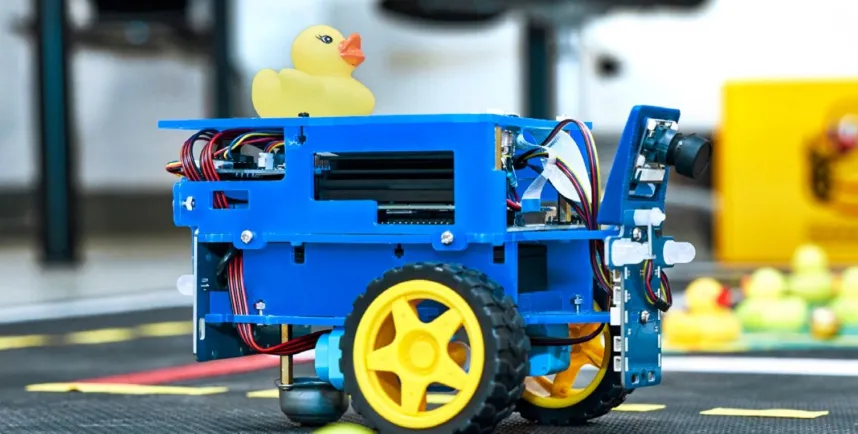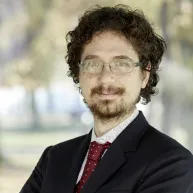Marine Systems and Robotics
The group’s main research focus is on developing and improving intelligent capabilities for autonomous platforms, with an emphasis on positioning and navigation methods, advanced filtering and data fusion, fault management, and perception. Its researchers use sensors such as inertial, acoustic, video and LIDAR to aid informed and autonomous real-time decision-making. With a strong focus on autonomy, the group works on all the underlying aspects which make systems more intelligent. Ultimately, the group applies machine Intelligence combined physical systems to different domains, from underwater to space.
- We developed a fault management system in autonomy architecture, focusing on navigation errors in autonomous underwater vehicles that are generated by thruster or sensor failure;
- We investigated improvements in underwater navigation and localisation, adopting an active approach and embedding the planning system in the problem. We applied a semantic representation of the environment. In addition to individual research papers, we also published an extensive review on AUV localisation;
- We used new deep learning approaches to effectively identify underwater features. We undertook research in in the Mediterranean sea, analyzing volcanic natural gas emissions;
- In a work with the European Space Agency, we designed a novel robotics system and its autonomy architecture for exploring tunnels of the Moon, a potential location for human colonization;
- The pandemic radically changed aspects of education, and we worked on remote education and remote access to robotics infrastructure;
- Sustainability is a key question of fundamental importance, and we lead an international project linking the United Nations Sustainable Development Goals with marine systems and marine robotics;
- Frequent outreach and citizen-science activities brought our research closer to the general public and to young students; and
- Our proposals on autonomous driving in collaboration with the City of Bremen have the potential to create long-term impact in the local community
The group includes Prof. Maurelli; four PhD students, one of whom is close to their thesis proposal defense and three who have just started; and one lab technician. Two postdocs were also involved in projects in the 2019-2022 period and have now moved to their next step in their careers.
- Francesco Maurelli, Szymon Krupinski, Antonio Pascoal, Nikola Miskovic, Kostas Kyriakopolous, Pere Ridao, Maarja Kruusmaa, Ralf Bachmayer, “IMPACT: a strategic partnership for sustainable development in marine systems and robotics”, 2020 IEEE/ITU International Conference on Artificial Intelligence for Good (AI4G)
- F Maurelli, S Krupiński, X Xiang, Y Petillot; AUV localisation: a review of passive and active techniques; International Journal of Intelligent Robotics and Applications, 1-24, 2021
- F Maurelli, E Dineva, A Nabor, A Birk; Robotics and intelligent systems: a new curriculum development and adaptations needed in coronavirus times; International Conference on Robotics in Education (RiE), 2021
- D Borrmann, A Nüchter, A Bredenbeck, J Zevering, F Arzberger, ..., F Maurelli; Lunar Caves Exploration with the DAEDALUS Spherical Robot; Lunar and Planetary Science Conference 2021
- F Maurelli, S Mazhar, SA Mehdi; Exploration of Canals: a German-Pakistani collaboration in education and research in marine robotics; OCEANS 2021: San Diego–Porto

